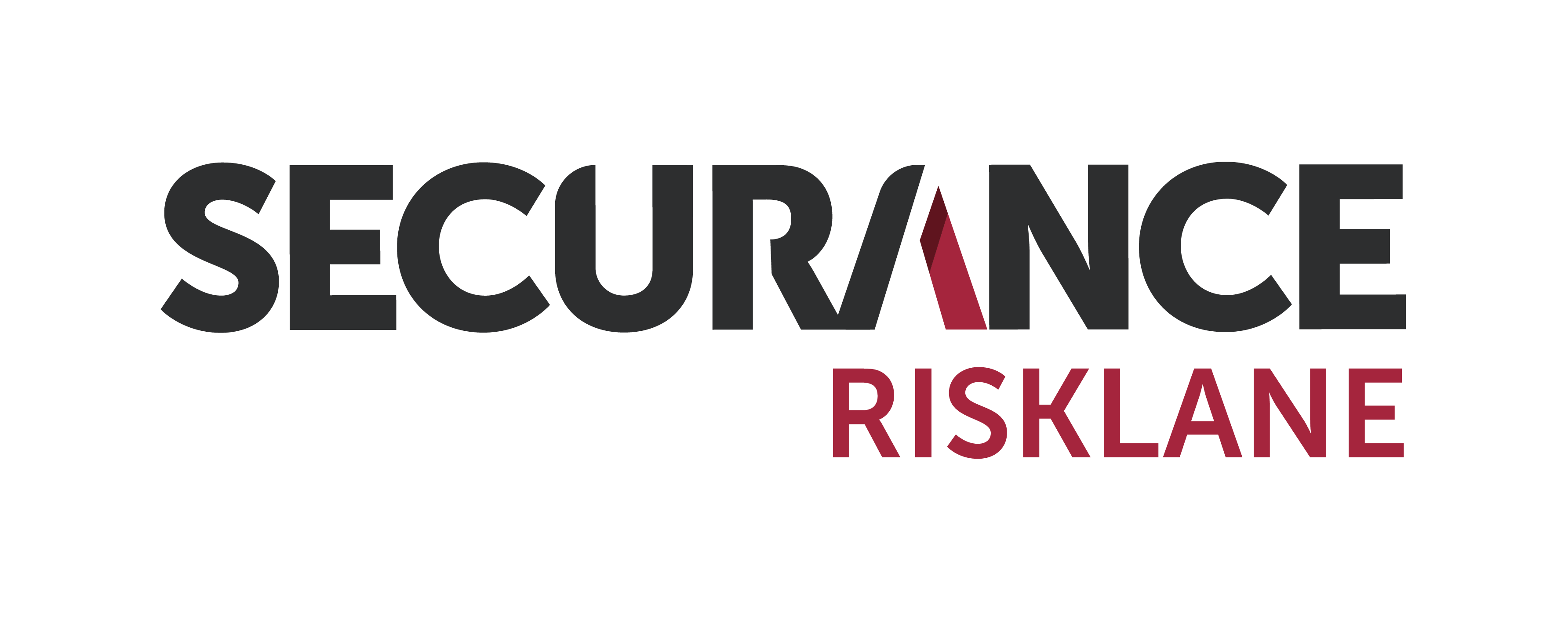Outsourcing trends
Organizations are continuously searching for opportunities to exploit competitive advantage to increase markets and profits. Organizations are increasingly outsourcing non-core business functions. Nonetheless, is management ultimately responsible for risk management and the implementation of an effective control framework. This has led to increased demand for control assurance by standards such as ISAE 3402 or ISAE 3000 for activities performed by third parties.
History
A large integrated company that owns manages and directly controls assets was the most popular business model for most of the 20th century. With a healthy focus on diversification to broaden the corporate bases and take advantage of economies of scale. Many large companies developed a new strategy of focusing on their core business to increase flexibility and creativity. This required identifying critical processes and deciding which could be outsourced.
Outsourcing
Because of globalization, increased competition, and cost pressure, organizations are outsourcing more key business functions to service organizations. Outsourcing of core processes will have a direct impact on an organization’s financial statements and key business processes. Outsourcing is no longer confined to routine back-office tasks. What are the options to gain confidence over outsourced business processes? How can an organization acquire control and assurance over outsourced processes?
An increase in outsourcing and outsourcing crucial business information also brings increased risks and security concerns. Organizations could suffer operational, financial, or even reputational damage because of security deficiencies of outside service organizations. An independent examination of the critical business processes that have been outsourced or IT systems supports organizations to identify and control these risks and regain assurance over outsourced processes.
The most common reasons for outsourcing are:
- Control and reduce operating costs
- Improve the focus of the company on core processes
- Acquire access to world-class capabilities
- Free internal resources for other purposes
- Increase efficiency in specific functions
- Insufficiency of internal resources
- Share risks with other organizations
The current stage in the evolution of outsourcing is strategic partnerships. Until recently it was axiomatic that organizations could not outsource core competencies. This is changed and ISAE 3402 | SOC1 or ISAE 3000 | SOC2 became common practice.







